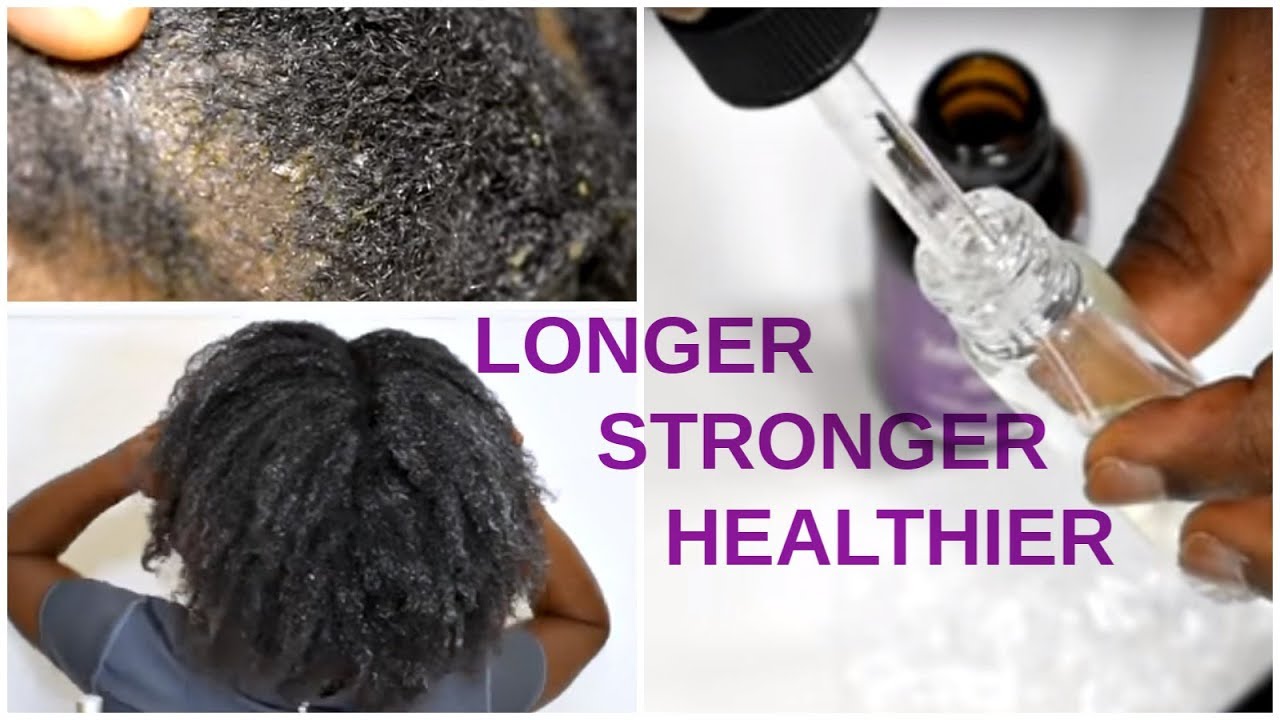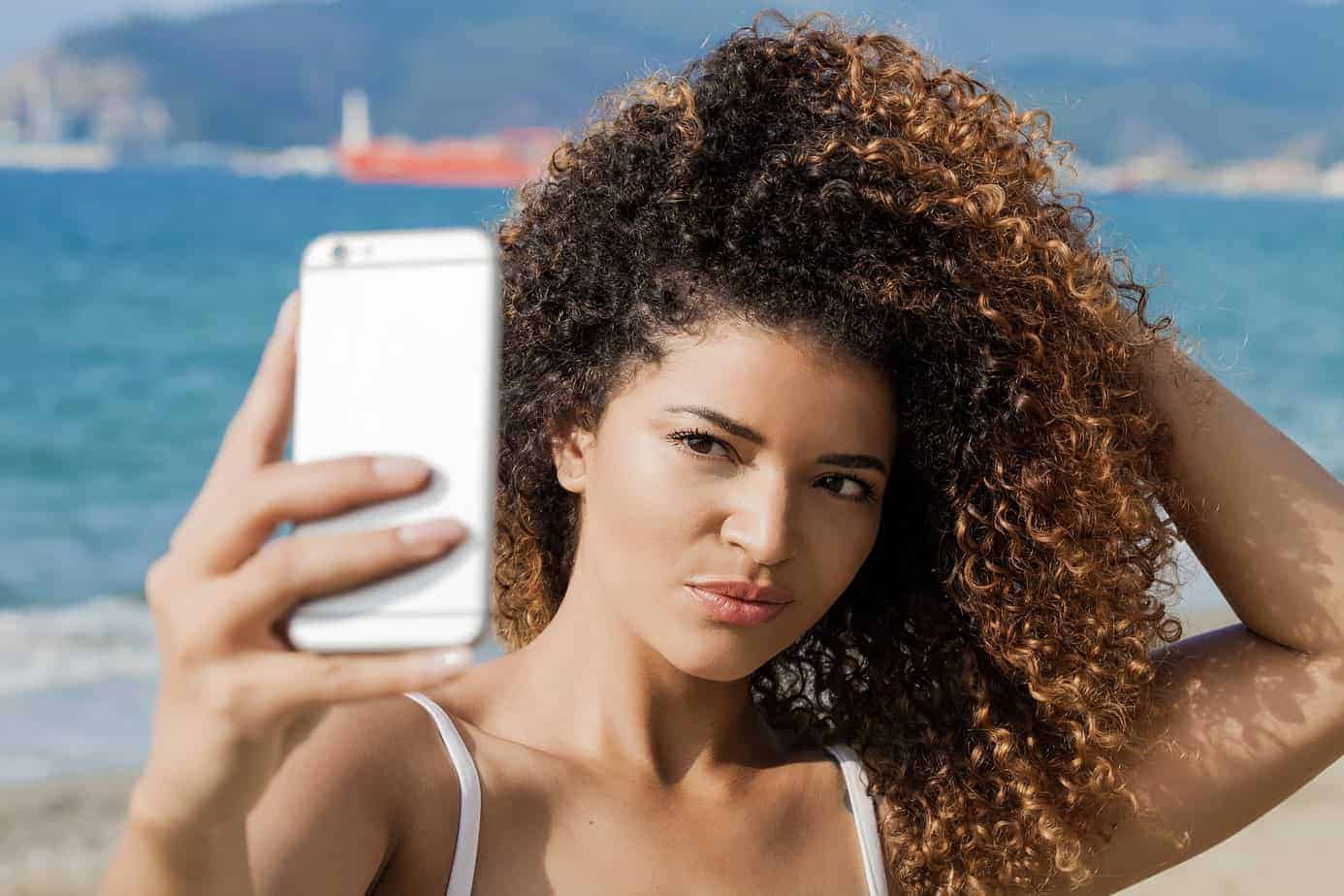
The internet is filled with lavender oil testimonials and various hair care promises, so it was only a matter of time before they started to mix.
With that in mind, let’s separate the fact from the fiction and delve into the science of what lavender oil can actually do for your hair.
Table of Contents
1. Promoting Hair Growth
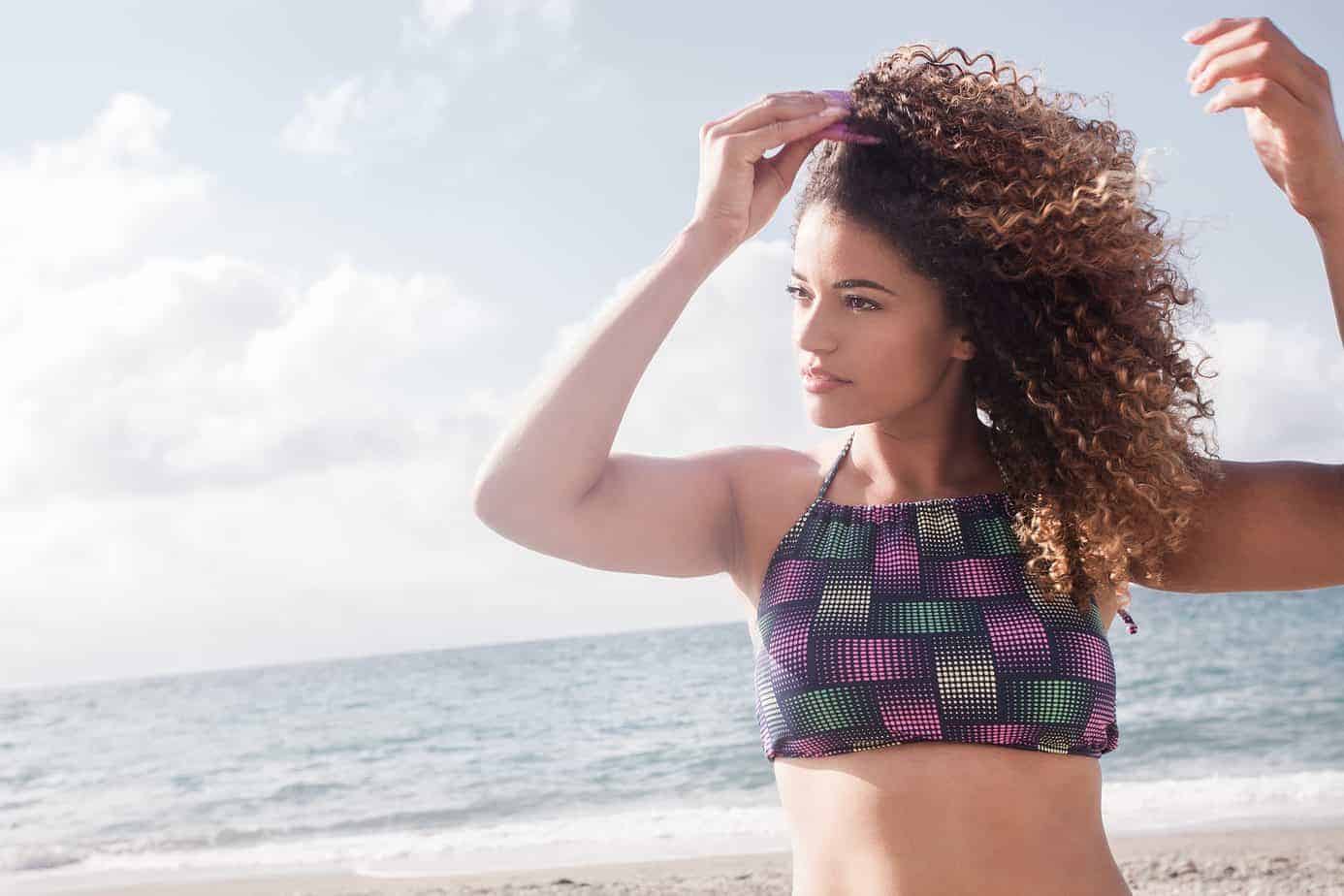
A 2016 study by Toxicological Research found that lavender oil was able to stimulate hair growth in certain types of mice.
The hair grew both thicker and faster than usual. There is hope this can help with issues such as alopecia or male pattern baldness.
While further studies on human subjects are needed, it is nevertheless safe to experiment on your own as long as you do a bit of research first.
It is also worth noting that this and other means of stimulating hair growth and improving its quality via lavender oil are typically most effective when they can be applied directly to the scalp.
2. The Benefits of Other Essential Oils

Before we get deeper into lavender oil itself, it is also worth noting how other essential oils can potentially help your scalp:
- Almond oil can potentially help moisturize your scalp as well as soothe light irritation
- Chamomile can make your hair shinier and softer
- Coconut oil is excellent for moisturizing your hair to keep it shiny, healthy, and avoid damage
- Cedarwood oil can help stimulate your scalp and thus promote hair growth
- Jojoba moisturizes and strengthens hair with nutrients including Vitamins C, B, and E
- Rosemary oil stimulates roots and promotes good circulation for your scalp
- Sandalwood oil can help treat dry ends and imbue your hair with its lovely fragrance
All of these essential oils can help you manage your hair and combat hair loss in their own way.
Our focus on lavender oil isn’t because it’s the only essential oil out there that can deal with these matters – far from it – but simply because it is by far one of the most accessible and versatile.
While all of the above can help, and several have their own fantastic fragrances that are worth trying to give your hair that something extra, lavender oil can accomplish much of what other oils can, making it truly, well, “essential.”
3. Fusidic Acid
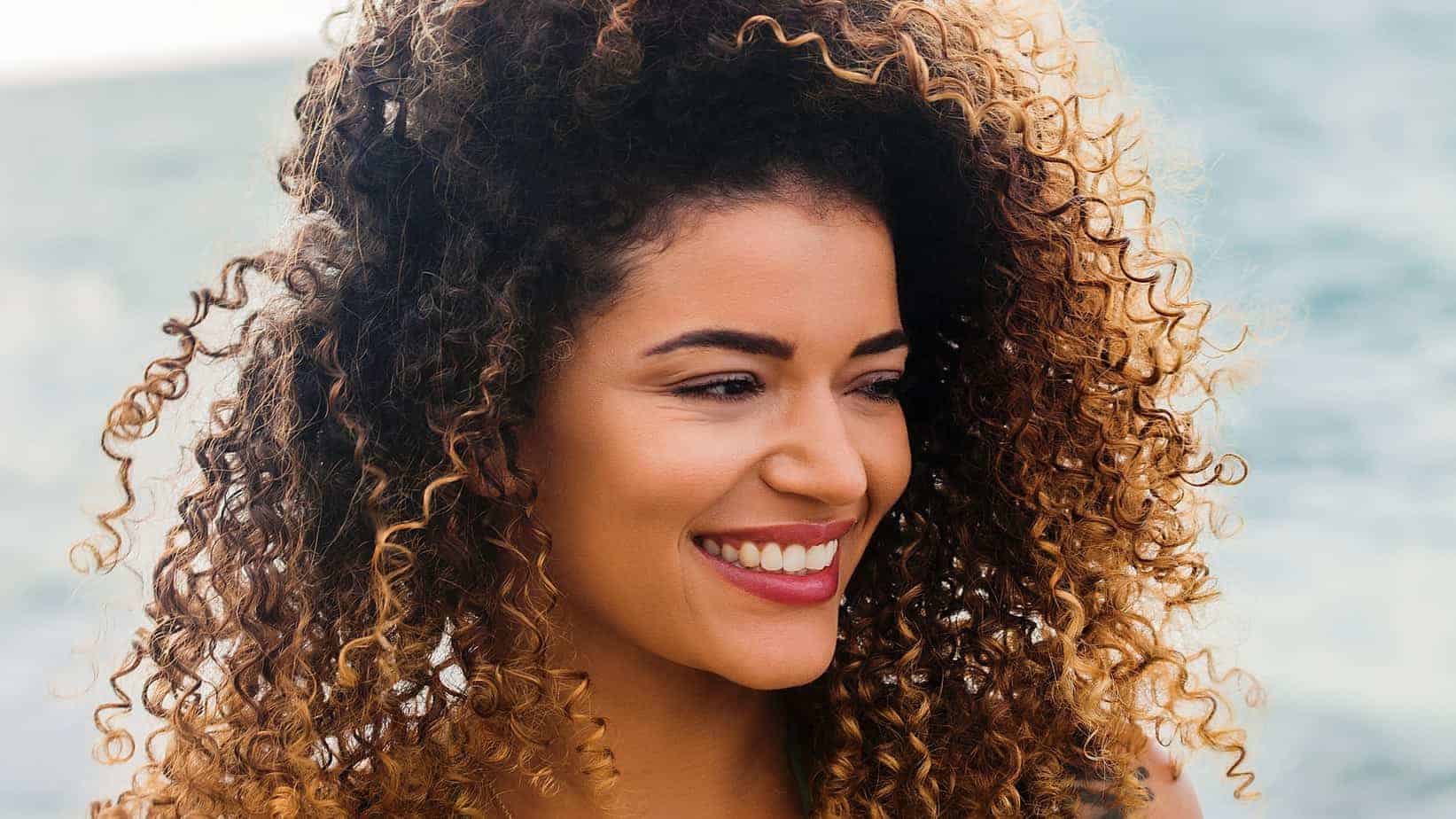
This solution is less over-the-counter than the other options on this list, but it's still worth mentioning.
Fusidic acid is a type of bacteriostatic antibiotic that is taken from the fungus Fusidium coccineum. It can function as a bacterial protein synthesis inhibitor, and in turn, be used to treat skin infections.
Since having a dry or infected scalp can be one of the ways in which hair growth can go wrong, fusidic action, which prevents elongation factor G (EF-G) from experiencing turnover visa vi the ribosome.
A 2019 case report on fusidic acid observed that when given as an oral treatment of 500 mg three times a day, the subject was able to experience partial hair regrowth, mainly at the periphery.
In addition, the treatment was observed to help stop inflammation and likewise prevent further destruction to hair follicles.
As such, there is the potential for this treatment to be used to help slow hair loss, at the very least, with it also potentially helping encourage hair growth as well.
4. Moisturizing Your Hair and Managing Dandruff
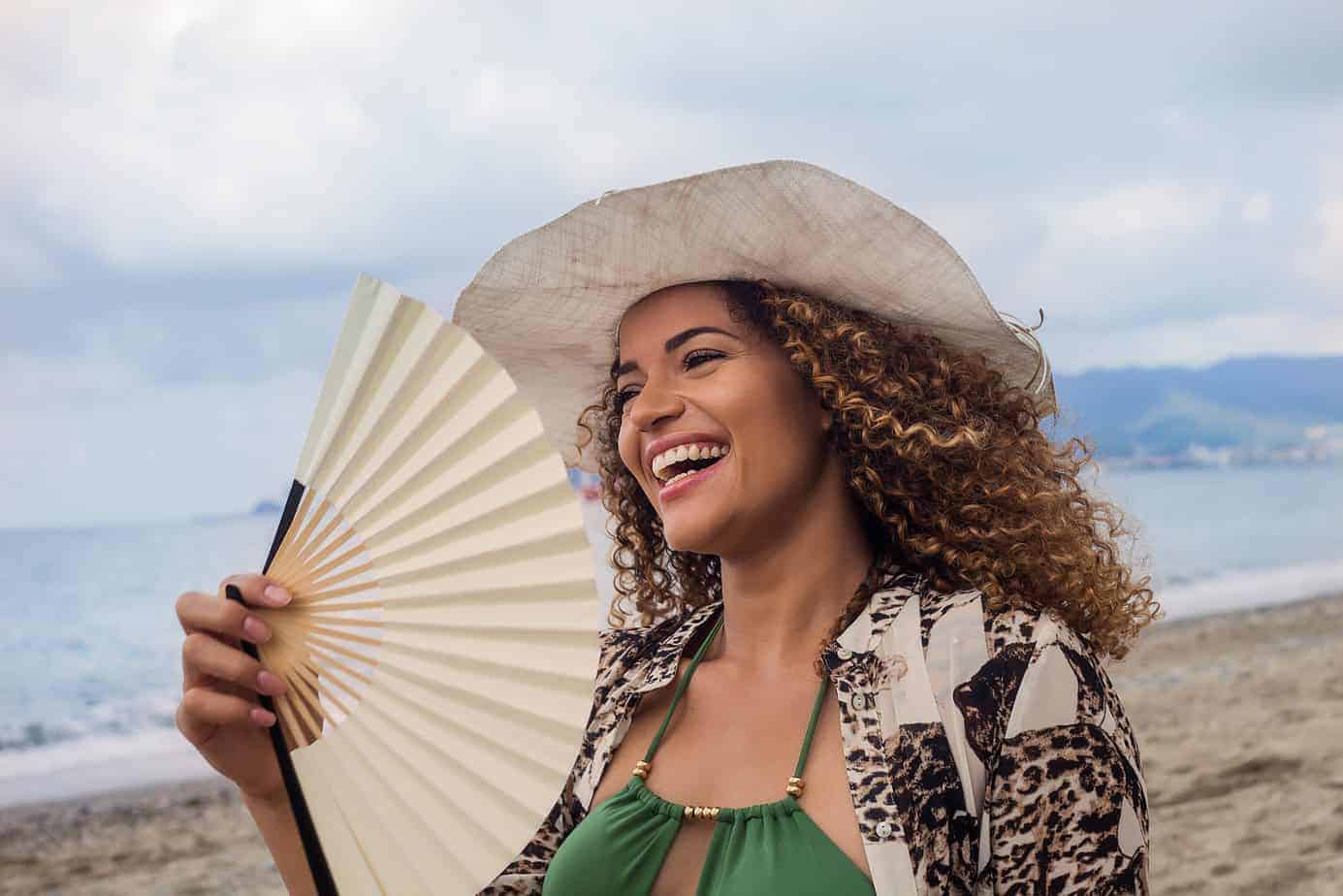
Few things can be more annoying in terms of hair management than kicking up a mini snowstorm every time you comb or even touch your hair.
Anyone who is familiar with the annoyance and embarrassment that can accompany dislodging dandruff particles and sending them showering everywhere will appreciate why it is so important to keep your hair well-moisturized to prevent these dry bits of scalp from flaking away.
Thankfully, lavender oil is especially good at managing dandruff.
One of the ways it does this is by dealing with scalp itchiness. Let’s be honest – if you have dandruff your scalp is probably dry, and if it’s dry it’s probably itchy.
That’s what causes you to scratch it, against your better judgment, causing all those dandruff particles to come fluttering down on your shoulders.
One way of preventing dandruff, therefore, is to go one level deeper and prevent your scalp from being itchy in the first place.
Itchiness can be caused by several factors. These can include hair care products that contain lead as well as the use of sulfate detergents containing sodium lauryl sulfate (SLS).
The latter may be useful for combating greasy buildup, but it does so at the expense of drying out your scalp, causing it to become itchy and thus prompting dandruff.
In addition, silicone can clog your scalp, causing limp hair and potential itchiness.
Thankfully, lavender oil can treat these itchiness-causing irritants, thus mitigating the need for you to scratch your scalp and thus shower yourself with dandruff.
5. Antimicrobial Properties
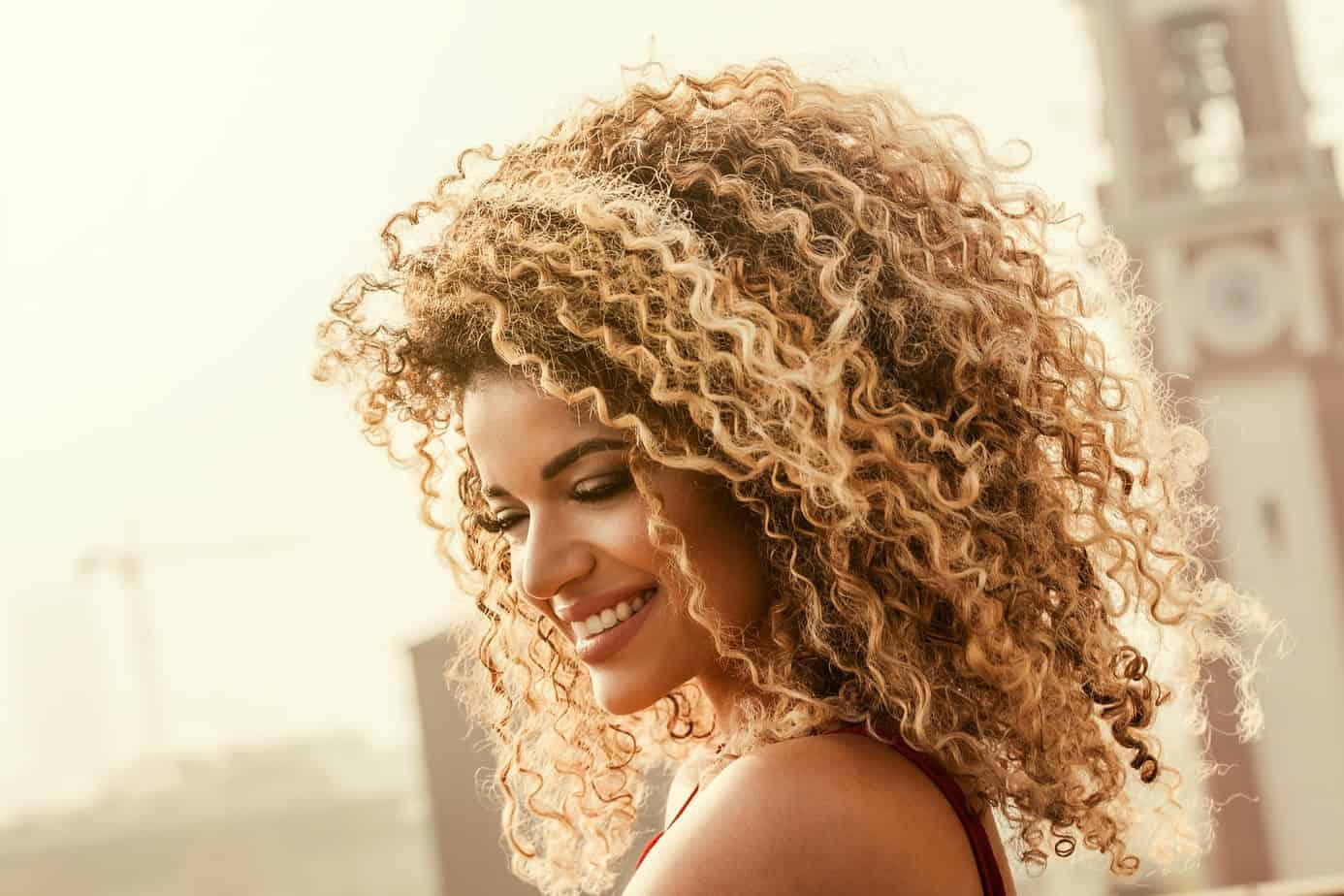
As alluded to above, it is essential to help keep your hair moisturized so as to prevent problems such as scalp itchiness.
As noted in a 2014 edition of Herba Polonica, lavender oil has antimicrobial properties, which can help combat the growth of bacteria as well as fungi.
When this is applied to your hair or directly to your scalp, it can help prevent microbial causes of dandruff as well as infections.
6. Combatting Head Lice
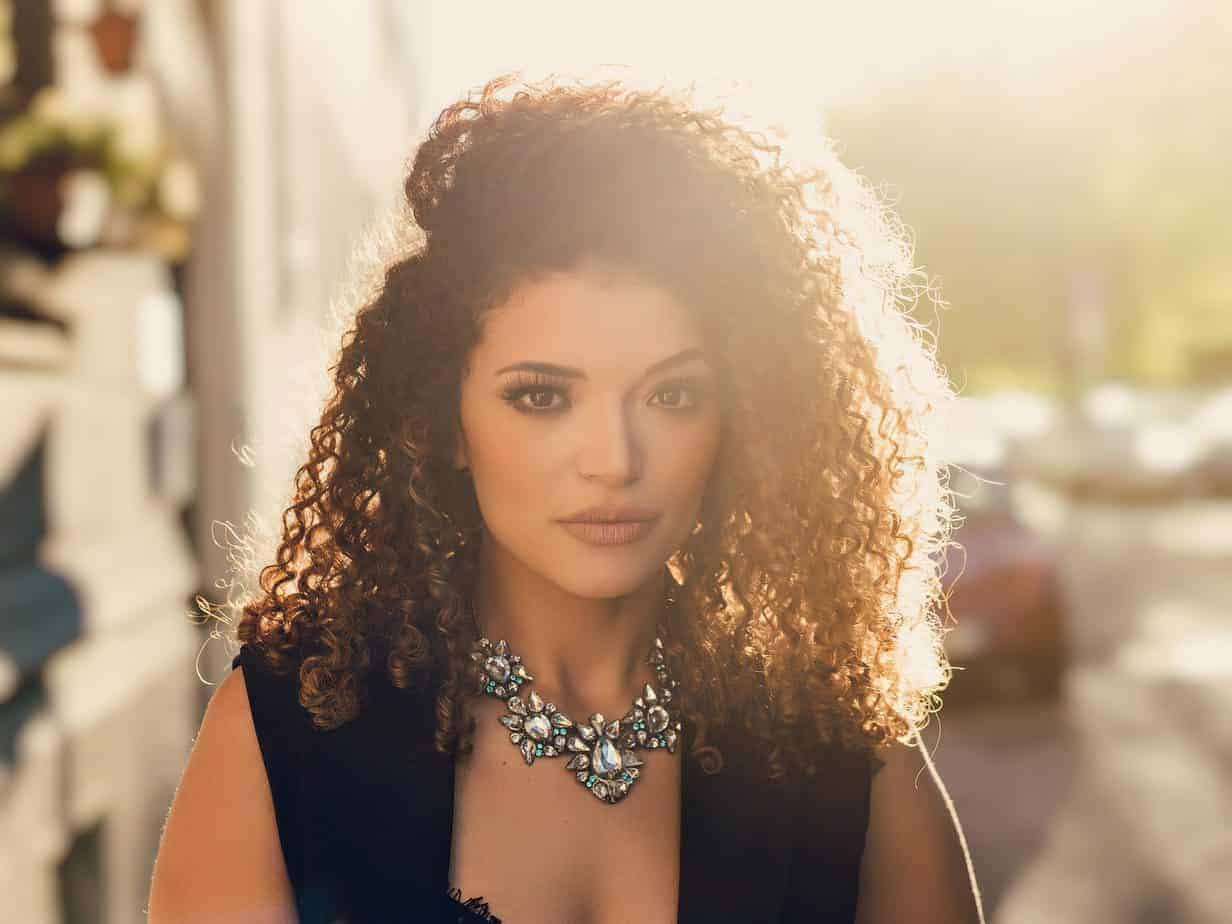
If there is anything more embarrassing than dandruff from a hair care perspective, it’s head lice. While schools once conducted routine lice checks, that policy is actually changing.
According to the CDC, it is no longer necessary to send students home immediately if they have lice, but instead, schools can now wait until the end of the day.
However, lice nevertheless remains a threat to the integrity of your hair and scalp.
According to a 2011 study, lavender oil and tea tree oil were both employed on 722 subjects, split into two groups. They were given both of these oils along with others to see how well they were able to combat head lice and their eggs.
The group that was given lemon tea tree and eucalyptus oil displayed an ovicidal efficacy of 3.3%, whereas the group given lavender and melaleuca oil displayed an ovicidal efficacy of 44.4%.
While it is worth noting that the efficacy varied significantly from patient to patient, the lavender oil was nevertheless both successful and more so than the lemon tree oil, though the two combined are potentially even more effective.
However, it is extremely important to note that neither lavender nor tea tree oil are an acceptable replacement for medication given by your doctor.
While they can certainly help, they may not be able to deal with a head lice infestation alone, and you don’t want to let one get out of hand, so make sure to consult your doctor about any head lice treatment.
7. Helping with Skin Inflammation
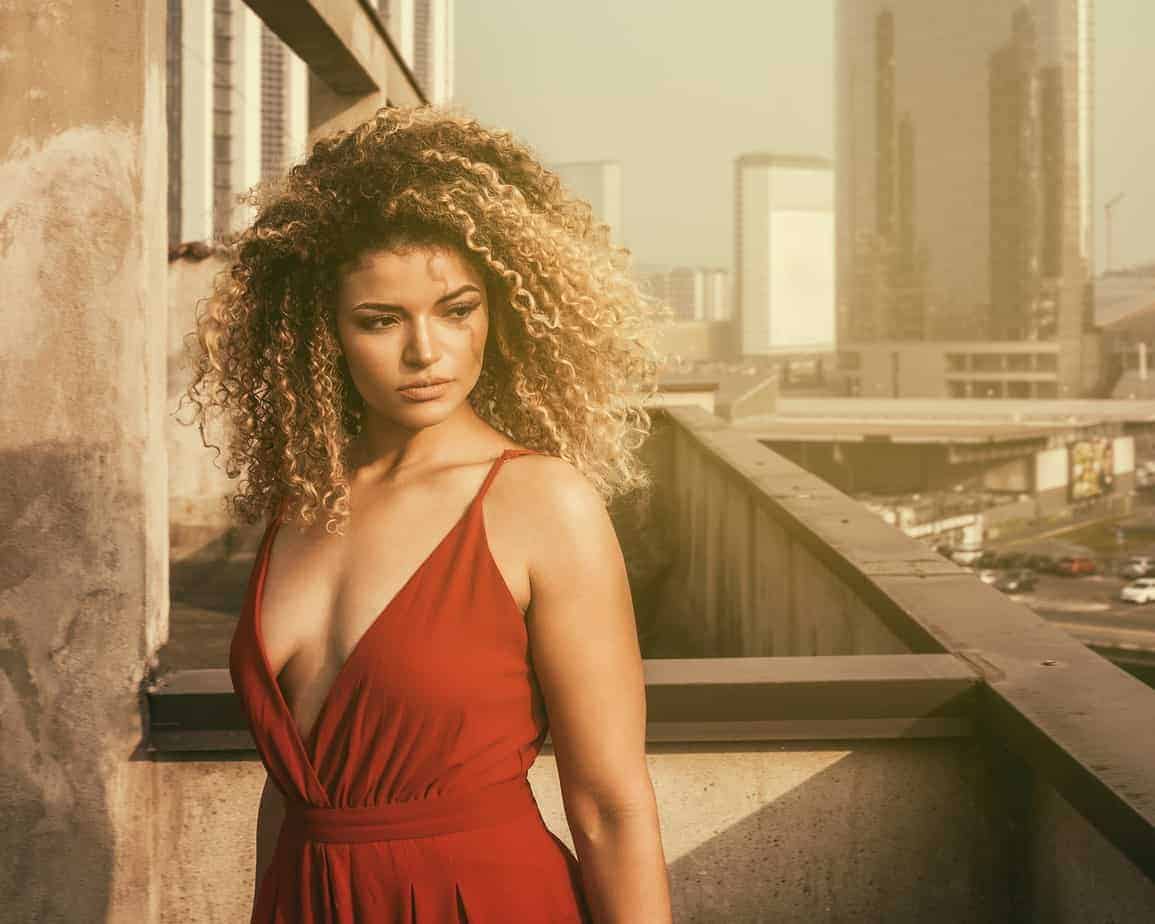
As mentioned above, lavender oil can also help treat skin inflammation. According to Harvard Women’s Health Watch, inflammation is one of many potential causes for hair loss in women in particular.
Inflammatory scalp conditions include psoriasis, eczema, and fibrosing alopecia.
Lavender oil has been shown to be able to help with both eczema and psoriasis, giving you a good head start on addressing some forms of inflammation and irritation before you can get more advanced treatment from your doctor.
It may seem like a small difference, but when it comes to preserving your hair follicles and sparing yourself the itchy agony and embarrassment that can come from scalp inflammation and subsequent hair loss, every bit counts.
A 2012 study in the American Journal of Dentistry found lavender oil to be somewhat successful in reducing skin inflammation and ulcers and speeding up healing for both when applied topically.
8. Scents and Scents-ability

One of the most noticeable things about lavender and other essential oils is also one of the most difficult things about it to quantify – their pleasing aroma.
On the one hand, there is no hard scientific proof for lavender oils or aromatherapy being a cure-all. They smell nice, yes, but that’s all – the cure for cancer or Alzheimer’s isn’t going to arise from pleasing aromas alone.
That being said, there are still other potential medical benefits to pleasing aromas and the psychological states they can evoke.
For example, it should come as no surprise that stress and hair loss are linked. (You probably don’t need any scientific data to back that one up, but if you do, here it is.)
Thankfully, a study done by Community Dentistry and Oral Epidemiology noted that lavender oil was able to reduce anxiety in dental patients.
Similar studies on lavender oil and anxiety have been conducted by Physiology & Behavior, Phytomedicine, and the International Journal of Psychiatry in Clinical Practice, all drawing the same conclusion, namely that to a certain extent lavender oil really is able to reduce anxiety.
Again, that’s by no means a cure-all, but it does mean that if you are losing hair due to stress, the pleasing aroma of lavender oil in your favorite scented candle, shampoo, or another form could be more than simply pleasing, but actually help reduce stress-induced hair loss.
Using Lavender Oil for Hair Care
- Natural Essential Oils for Hair
- Ylang Ylang Oil for Hair
- Clary Sage Oil Benefits for Hair
- Chamomile for Hair
So you’ve come this far and have decided that lavender oil sounds like it’s worth a try after all. What now?
Well, to get the most out of it you’ll want to make sure that you keep a few basic things in mind.
First, when using lavender oil for hair care purposes, it should come as no surprise that you’ll get the best results if you massage it directly into your scalp.
You’ll want to dilute it a bit first, and another essential oil such as jojoba oil or coconut oil can be used to create the "diluted lavender oil".
The best time to massage diluted lavender oil into your hair and scalp is after you have taken a bath or shower. This is when your scalp is at its softest and should be more receptive to the lavender oil.
Once you have added it to your hair, let it sit for about 5 to 10 minutes. You can then either rinse it out or let it sit there and enjoy the nice fragrance it can give your hair.
You can also leave it in overnight if you wrap your hair in a towel.
You may also want to add lavender oil to hair products you already have. For example, you may choose to add it to your shampoo or conditioner.
This can be an especially good move if you want to enjoy the lovely aroma of lavender oil in your hair.
That being said, a little goes a long way here. You should not have to add more than a few drops, with five probably being the maximum necessary.
Another alternative is to add a few drops to a dollop of whatever shampoo or conditioner you are using once you have some in your hand and then apply them all at once that way.
Some people prefer to purchase specially-made hair care products that already contain lavender oil.
You should also be aware that any hair care product containing lavender oil has likely already diluted it, so you should not have to dilute it any further.
It’s true that sometimes the benefits of essential oils are overstated.
However, it’s also true that in this case, as long as you know what you’re doing, do your research, and make sure you’re using the right products in the right way, lavender oil really can help with your hair care routine.
It can give your hair follicles that are fresh, fragrant, full, and vibrant appearance – just what you want from a healthy head of hair.

